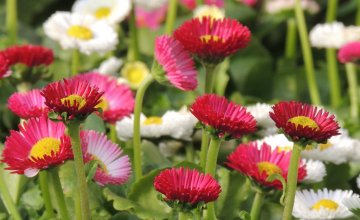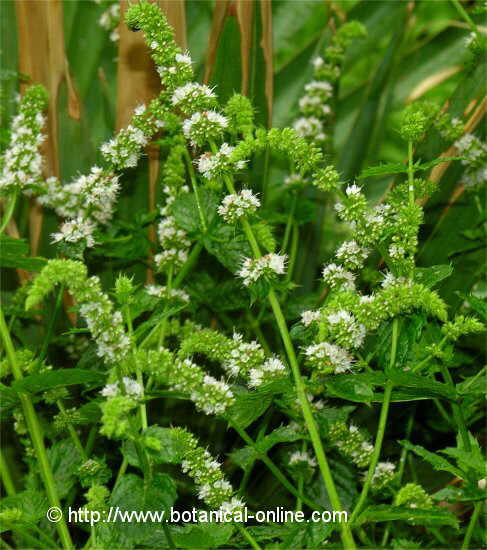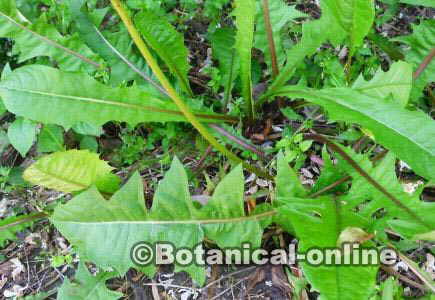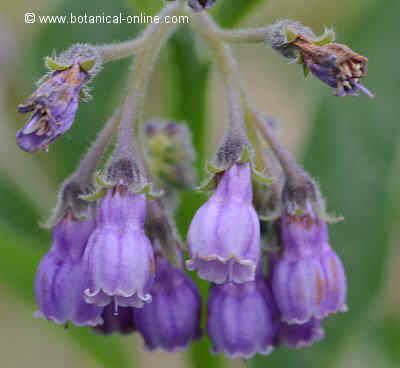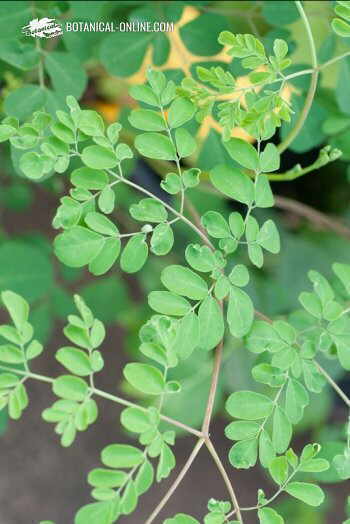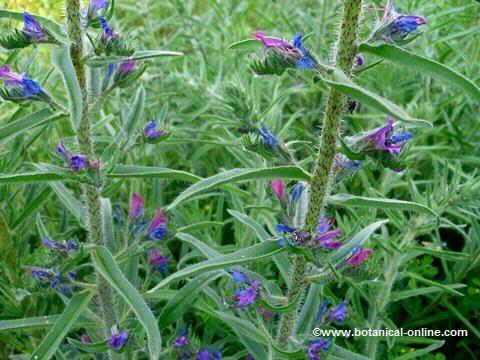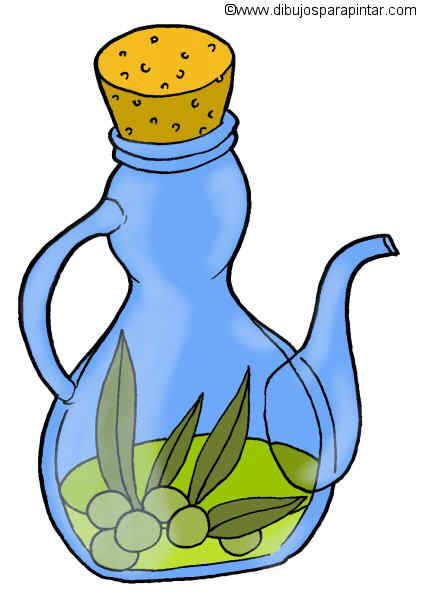Contents
What is Alpine rose used for?
Medicinal uses of Rhododendron
Alpine rose has traditionally been used in mountain areas to combat rheumatic diseases and gout. Marmot oil extracted from its galls has been attributed with antirheumatic as well as vulnerary properties in external use.
In addition to these medicinal uses, it has also been considered hypotensive, diuretic, analgesic and expectorant.
Given the toxicity of its components, its use is discouraged in homemade preparations!!!
Gardening uses of Alpine rose

Buds and foliage are used as a basis for making funeral wreaths because of their longevity, existing in the Netherlands and in England a well-established market.
It is also used in gardening for making “mulch”, with a big power for moisture retention, higher than the birch (Betula spp.) And pine (Pinus spp.) and similar to beech (Fagus sylvatica), being very usual in Wales market.
Alpine rose is part of the same family as azaleas, the latter widely used in gardening.
Industrial uses of Alpine rose
Small industries such as charcoal take profit of this plant, which has been seen considered a good biofuel provider with a heating value comparable to Douglas fir. However, for the moment it meets problems of low benefits as the collection process requires very high costs.
Similarly, the pharmaceutical industry is exploring the possible medical applications of its diterpenes
Toxicity of Alpine rose
The toxicity of Rhododendron ferrugineum is high in case of ingestion of abundant principles.
Consequences of the ingestion of Alpine rose
Grayanotoxin is a cardiotoxic and neurotoxic compound. Normally it is absorbed by ingesting medicinal products made from this plant. The toxic dose of leaves is based on a proportion of 0.8%, so that poisoning because of achieving this dose is not rare.
Rhododendron side effects
Apart from these forms of poisoning, poisoning produced by ingestion of honey with high doses of this component is not extremely uncommon.
Interestingly, no significant traces of this drug have been found in the fumes from coal made with rhododendron wood, as well as the coal itself, so that the industrial use of this plant appears not to involve a danger to health superior to that of burning another plant product.
Symptoms of poisoning by Alpine rose
- With lower doses:
- Stomach pain
- Nausea
- Vomiting
- Diarrhea
- Headache.
- In strong intoxications: cardiac arrest and death.
Is Alpine rose poisonous to animals?
Rhododendron toxicity affects not only humans, but there have been many cases of animal poisoning in cattle, horses, goats or other animals that ate the leaves of this plant
![]() More information about plants.
More information about plants.

